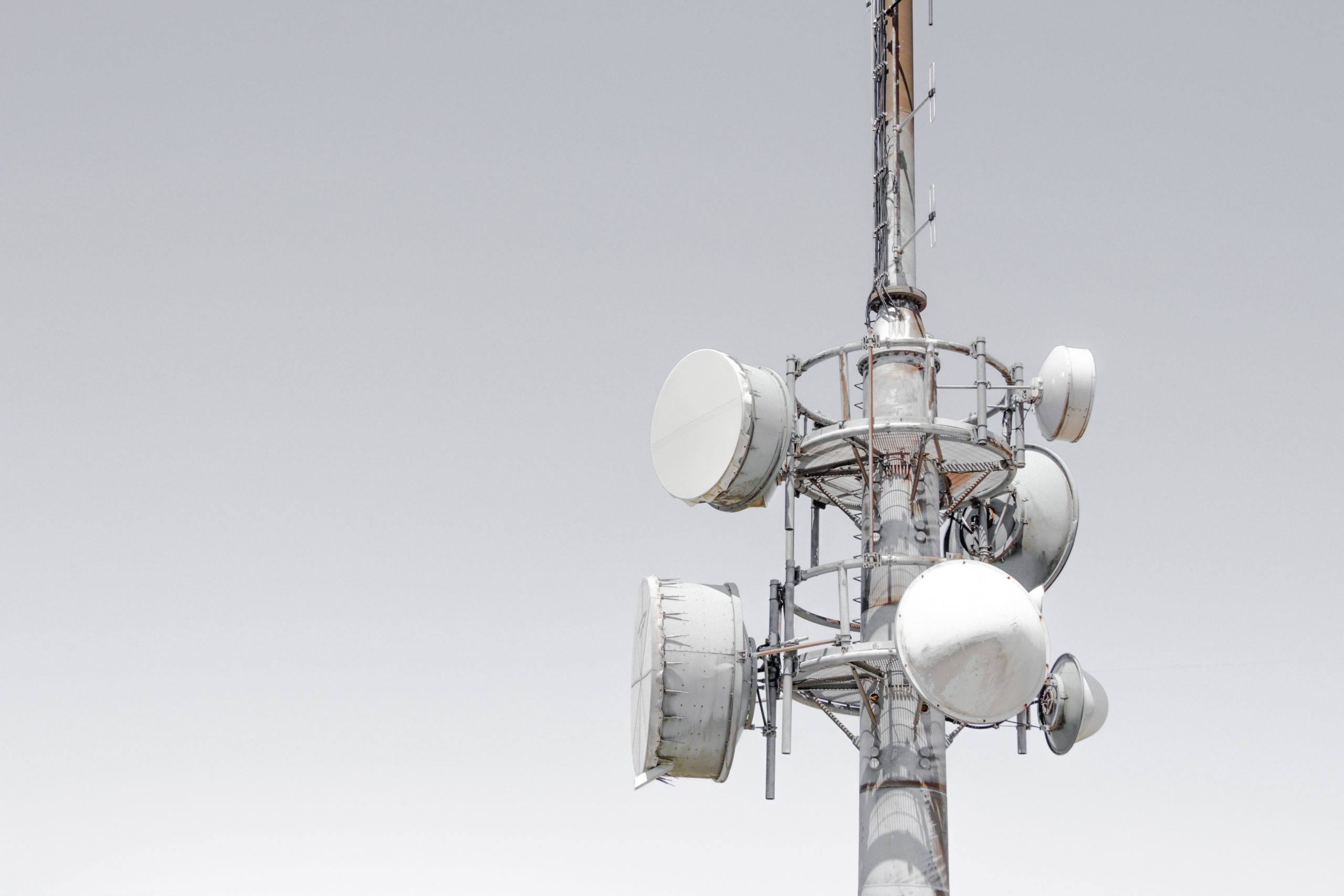How Will Cities Pay for 5G? Ask Facebook.
5G is coming.
5G is the fifth generation of wireless networks. It’s significantly faster than current 4G networks with much shorter latency. But 5G is important not just so we can all watch the latest marvel movie on our phone, but to handle the expected drastic increase in global mobile traffic — some estimates suggest that there will be over 5 times the mobile traffic in 2024 that there is today. 5G will be essential for supporting that traffic.
But there’s another reason that 5G will be important: It will enable cities to be able to become Smart Cities.
What are smart cities?
Smart Cities are basically cities that use technology to make planning and service delivery more efficient. The idea is, if you have a bunch of data about how resources are used or the behavior of people in the city, you can create a better functioning, safer society.
For example, you can imagine a city that uses information about traffic and congestion to make traffic light wait times more efficient. Or, smart garbage disposal sites that send a signal when they are full, making disposal services more efficient. Information about water usage, electricity usage, and how people move throughout a city can also be used to inform policies and projects.
Barcelona is already using this kind of technology to tell citizens where there are open parking spaces. Stockholm, Amsterdam, and Copenhagen, each have smart city projects under development.
At its core, smart cities rely on data to help make more effective administrative decisions. This data comes from sensors throughout a city that are connected over the Internet.
Which brings us back to 5G: these types of large scale city design changes are possible, but only if they are supported by suitably fast internet. 5G networks can support these kinds of designs.
Cities are therefore trying to build or facilitate the infrastructure needed for 5G networks, not only because they will be necessary to make those cities competitive, attract businesses, and give users the ability to download movies in seconds, but also because it is necessary to support a smart city vision.
If 5G is so important, why is it taking so long to get?
Because it’s expensive.
5G networks are much faster than 4G, but the frequencies are also much higher — they’re between 24 and 72 GHz on a 5G network. What that means is that the signals don’t reach very far and they are easily blocked by trees, buildings, and other landscape features.
To have the same kind of coverage that is possible with 4G networks, there has to be many more cells. For cities and wireless companies, that means building a lot more infrastructure and laying way more fiber optic cable. And this is really expensive.
Enter Facebook.
Facebook seems to be expanding into every area of tech life (including getting into the cyber currency business), so it may not come as a surprise to you that they have also been working several projects to improve internet access. Their solution to the 5G infrastructure problem is a project called Terragraph.
The solution they propose is to attach small cells to existing buildings and infrastructures that connect networks wirelessly. The small cells can be placed between existing cell towers. They act as intermediaries, connecting the cell towers to users, and extending the reach of those towers.
Over long distances, this small cell wireless technology might not work very well. But as a “last mile” step between existing cell infrastructure and users, it’s able to deliver very fast service. And since the small cells can deliver data and connectivity from the cell towers to users wirelessly, they eliminate the need to lay more fiber optic cable, significantly cutting the cost of infrastructure.
Facebook is not the only player in this game. At least a few other companies are also beginning to prototype this “last mile” small cell technology.
This may be a good thing — while this kind of infrastructure will be useful, there may be some legitimate privacy concerns about the company providing internet connectivity also having access to so much personal information about us through our online profiles.
What does this all mean for us?
5G will be coming, one way or another. But with this new small cell technology, it may get to us a little quicker and with a much lower price tag attached.
This is good news. As we’ve previously reported, many Americans still don’t have access to broadband. The appearance of 5G will likely begin in the biggest cities, and may not be accessible to most Americans for many years. But the less expensive it is to build the infrastructure, the quicker people are likely to have access to it.
Ultimately, 5G networks will mean much faster speeds and reduced latency for users who have access to it. For business, it may mean an improved ability to innovate. And for cities, it means the potential to begin to create smart systems that improve service systems.

